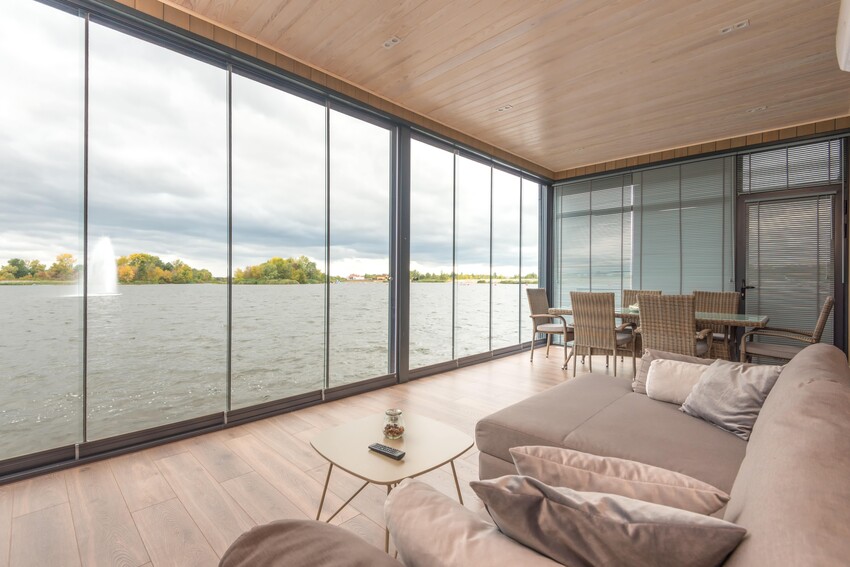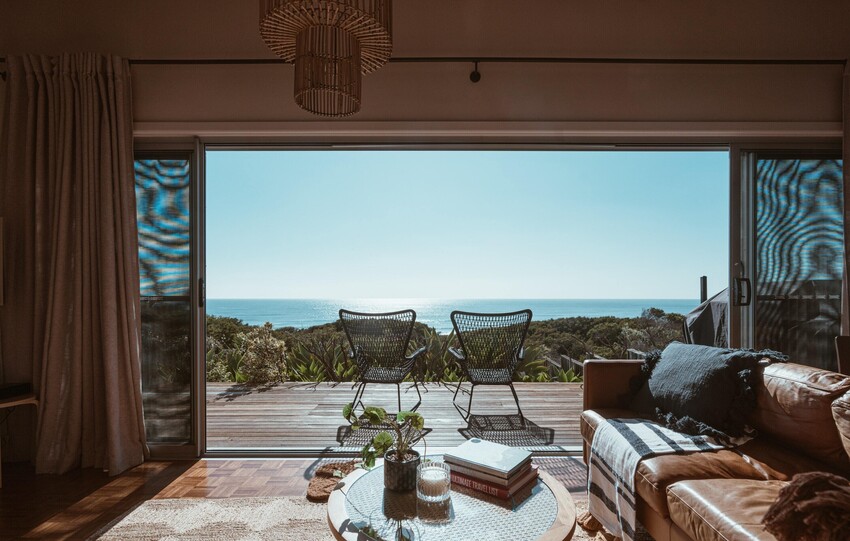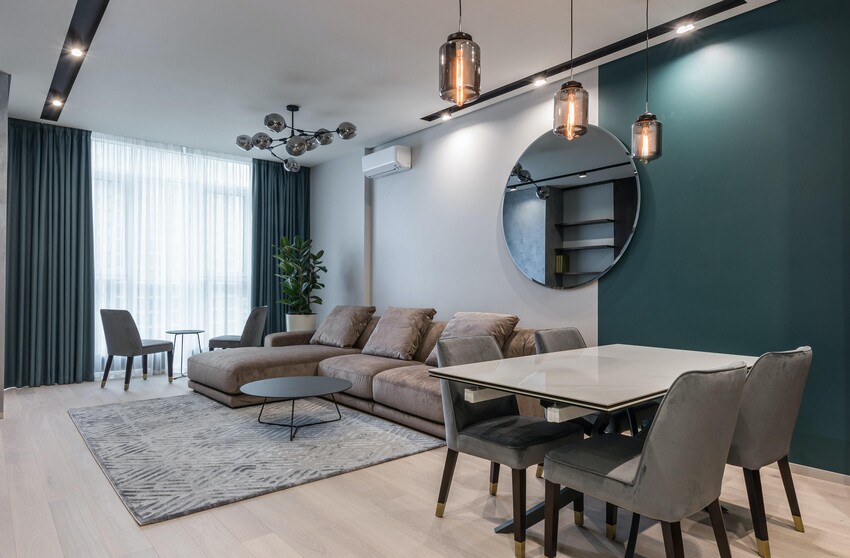Limitations to the use of TOMS for serviced apartment operators

posted 7th December 2021
We have previously written about the benefits of using the Tour Operators’ Margin Scheme (TOMS) rules for serviced apartment operators. It’s absolutely true that, where TOMS can be used, it can have large benefits for serviced apartment operators. This can be because a potential VAT registration is delayed and/or that less VAT is payable overall. This is explained in more detail here.
However, we have heard from many operators who believe they fall into the TOMS rules but that where, on further analysis, this appears not to be the case. Sometimes this is because a business’ circumstances vary quite widely from their “mate down the road” who has had their own use of TOMS approved by HMRC. Other times, perhaps quite disconcertingly, it is because that business has followed HMRC’s published guidance to the letter but, on review, HMRC have come up with a new list of (unpublished) criteria.

How does a service qualify for the TOMS VAT rules?
In order for a business to use TOMS for their services, the following criteria must be met:
- The service must be a travel service (tourist accommodation is a travel service so this should be ticked off for non-residential lets)
- The business must sell the services in their own name (i.e. you hold the contract for the sale and for the purchase of the service)
- The business must be selling to the end customer (wholesale services may fall within TOMS optionally, but this point is uncertain in the UK at present); and
- Key for serviced apartment operators, the business must not have “materially altered” the services.
It is the point on material alteration which is usually the downfall for serviced apartment operators.
What is material alteration?
Essentially, we want to be able to show that the accommodation service the operator is buying from the supplier is identical, or near identical, to the service it is selling on – i.e. the business has not itself done anything to change the nature of the service. One example I often use here is where a business takes a lease for an apartment which is empty, and adds furniture themselves. You wouldn’t expect to be able to advertise an empty apartment as tourist accommodation, but adding the furniture means it is possible to market the accommodation to tourists and visitors. As such, I would personally not agree that TOMS can apply to serviced supplied by businesses which have added all the furniture to an empty apartment.
It’s not really about me and what I think though! “Material alteration” is not defined in law to a great extent, and there are no UK cases to date which specifically focus on serviced apartment operators. As such, businesses will rely on some brief and not-entirely-related case law, and HMRC’s guidance on this point.
HMRC’s own public guidance states that material alteration of accommodation (which makes it an “in-house” supply) is where:
“If you own a hotel and supply accommodation within it, you are making an in-house supply of accommodation.
If you hire, lease or rent accommodation under an agreement whereby you take responsibility for the upkeep of the property and you are required to undertake any maintenance to the fabric of the building (that is, not just cleaning and changing towels or bed linen and so on), you are making an in-house supply of accommodation.
Also, if you buy in accommodation and provide catering staff from separate sources, for example a ski chalet with a chalet-maid, you are making an in-house supply, commonly referred to as ‘catered accommodation’.”

There is nothing else within HMRC’s published guidance that we can see which embellishes on this. As such, by reading this alone, you would be forgiven for thinking that if you ensure that you do not take responsibility for the upkeep or the property OR you are not required to undertake maintenance to the fabric of the building (loosely the roof, walls, floor, windows and other externally based structures) then you are not materially altering the accommodation. This is what many businesses have used to satisfy themselves that TOMS applies to their services.
I don’t disagree with this - although that wouldn’t be my own definition of material alteration, we can only interpret the available guidance for VAT purposes, and this would be a logical interpretation of this guidance.
Many businesses have used this guidance to apply TOMS to their services, thus believing perhaps that they are staying below the VAT threshold (under TOMS only the margin made counts towards the turnover for VAT registration purposes) or are paying much less VAT than they would do under normal rules.
What is the problem with this?
We know from correspondence with HMRC that this is not a full representation of there view on this point, and that their interpretation of material alteration is much wider than this. We have taken cases to HMRC where businesses have been able to provide full evidence that they are not required to undertake any maintenance to the fabric of the building or responsibility for upkeep (for example, written confirmations from landlords). HMRC have still disagreed that TOMS applies in these cases.
This has seemed strange, and of course we have followed up to obtain an independent review, and review by HMRC’s legal team. When requesting second reviews from HMRC’s legal team, this view has still been upheld. Unfortunately, the next stage of the process would be for a business to take the issue to Tribunal, and most serviced apartment operators are not of the size to absorb large legal bills that Tribunal would inevitably bring. As such, these businesses have had no real choice but to drop the matter.
We have not yet had a satisfactory explanation as to why HMRC’s published guidance varies so much from the view of their Officers, Policy and Legal team and HMRC’s official stance sadly remains a mystery. However, HMRC have given us some ”clues” as to their true definition of material alteration which includes cases where:
- Operators pay for utility bills;
- Operators take on long leases of more than a season (there have been separate UK and EU cases on this point which although do not relate to serviced apartments, have confirmed that this is not in itself material alteration. We have mentioned this to HMRC, and we have not had a full reason why these cases have no impact on HMRC’s decision here);
- Operators pay a monthly rental amount rather than a per night amount; and
- Operators add furniture items.
The majority of operators will do one or more of the actions above, meaning that TOMS will often not apply on this basis based on HMRC’s internal view.

Now, I don’t particularly disagree that some of the points above may mean that material alteration occurs (sorry!), if we consider the normal dictionary definition of material alteration. My own concern is that HMRC have not published these points within their guidance. This means that the playing field is not level and that many businesses may be happily applying the TOMS rules, with an unknown large risk that HMRC may seek to reverse this (often meaning large VAT liabilities) at some point in the future.
We’re hoping to obtain clear pubic guidance on this matter, to ensure consistency in the industry. This would also mean that we could seek to understand how a business may be able to fall within TOMS legitimately – for example, could a business manage the payment of utilities on behalf of a landlord with the landlord being ultimately responsible and charging a higher monthly rent to cover this? Could we purchase furniture and then lease it to the landlord meaning that the supply of furniture becomes included within the supply of the accommodation? All these points could be possibilities, but it is difficult to confirm and advise without knowing the full set of rules.
What next?
We would encourage all serviced apartment operators who are relying on the use of TOMS to really question their circumstances based on the points above, to ensure that there is no risk within the business of possible underpayments of VAT.
We would also point out that TOMS is not always beneficial for serviced apartment operators (for example if most customers are corporates, or if the business has many long-stay guests) so a review of your VAT treatment may be beneficial in any case.
We will keep trying to follow up with HMRC and challenge them on this point…


